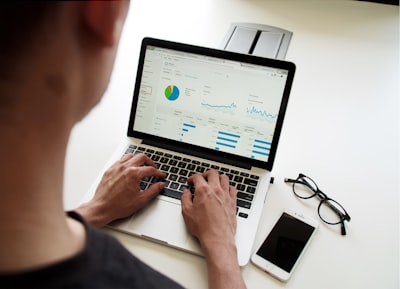As a small business owner, you are likely always looking for ways to save money and minimize your tax liability. There are a number of strategies you can use to achieve this, but it is important to work with tax professionals to ensure you are taking advantage of all the opportunities available to you. In this article, we will discuss some of the key tax planning strategies for small businesses.
Claim all deductions possible on your tax return.

Some of the most common deductions include:
Business expenses
Car expenses
Home office expenses
Interest expenses
Charitable contributions
Health insurance premiums
Retirement contributions
Business owners should keep track of all their business-related expenses throughout the year, in order to accurately calculate their deductions. It’s important to note that not all deductions are claimed in the same way – some are taken as itemized deductions, while others are taken as deductions against business income.
If business owners have any questions about how to claim specific deductions, they should consult a tax professional. You might want to consider self-study CPE courses. They’re a convenient way to earn continuing professional education credits without leaving the home or office, something that can be done on your own time. When choosing a self-study CPE course, it’s also important to make sure that the course is accredited by a reputable organization, such as the AICPA. COVID-19 resulted in a influx of online cpe courses which has also increased the popularity of this field of study.
Make use of tax planning software or services.

When it comes to tax planning, most small business owners feel overwhelmed. The good news is that there are software and services that can help. The goal of tax planning software is to help business owners understand their tax liabilities and find the best ways to minimize their tax burden.
There are a number of different software packages on the market, and each one is tailored to a specific type of business. Some are general purpose, while others are specific to certain industries. In addition, there are also services that offer comprehensive tax planning. The key to using tax planning software is to understand your specific business situation. The software will ask you a series of questions about your income, expenses, and deductions. It will then generate a report that outlines your tax liability.
Overall, tax planning software can be a valuable tool for small business owners. It can help you to understand your tax liability and to find ways to reduce your taxes.
Pay estimated taxes throughout the year.
One of the best ways for small businesses to save money on their taxes is to pay estimated taxes throughout the year. This means that the business owner pays a percentage of what they expect their tax liability to be each quarter. This helps to avoid any penalties that may be assessed for underpaying taxes.
There are a few things to keep in mind when paying estimated taxes. First, the business owner should make sure that they are using the correct tax calculation method. The two most common methods are the annualized income method and the actual income method. The annualized income method is used when the business owner has fluctuations in their income throughout the year. The actual income method is used when the business owner’s income is more or less consistent from quarter to quarter. Another thing to keep in mind is that the business owner may be able to deduct their estimated taxes from their income. This can help to reduce their tax liability.
Finally, the business owner should make sure that they are paying their estimated taxes on time. This can help to avoid any penalties that may be assessed.
Consider hiring a tax professional to help you with your return.

When it comes to taxes, small business owners have a lot of things to think about. Not only do you need to worry about your own tax liability, but you also need to think about the tax liability of your business. This can be a lot to handle, especially if you don’t have a lot of experience with taxes. That’s why it might be a good idea to consider hiring a tax professional to help you with your return.
A CPA can help you figure out what you need to do to reduce your tax liability. Accounting professionals can also help you prepare your return and make sure that you’re taking advantage of all the tax deductions and credits that you’re eligible for. Pros can make sure you are less likely to deal with an auditor.
Overall tax planning is important for small businesses because it can help save money on taxes. By planning ahead and taking advantage of tax deductions and credits, small businesses can reduce their tax bill and keep more of their profits. Tax planning is also important for businesses because it can help them stay compliant with tax laws and avoid any penalties or fines.




